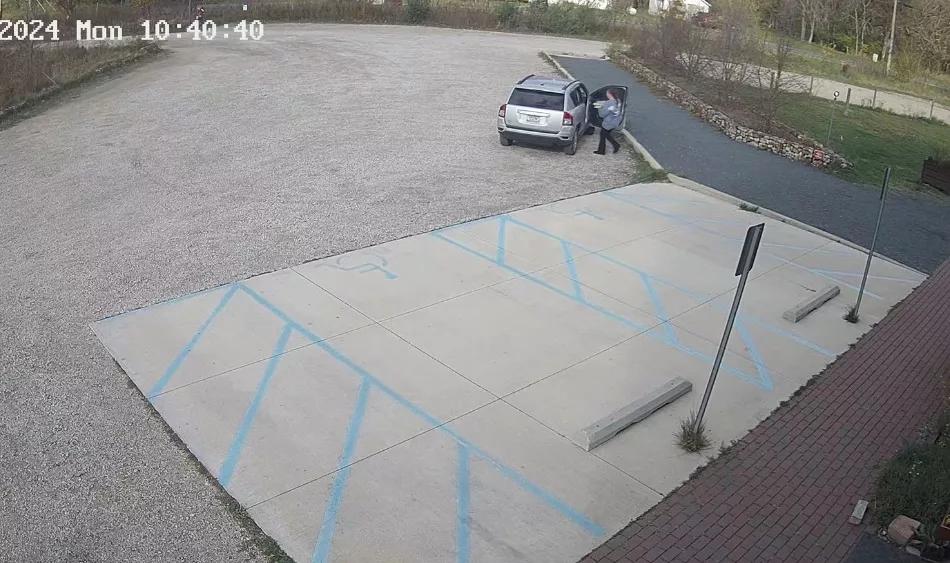Senator John Proos’ dogged determination to change the course of business and industry searching for skilled workers to fill the gaps in their workforce has paid off in Lansing.
Gov. Rick Snyder on Thursday signed Proos’ legislation to provide students with important career outlook information and reward students for taking extra science, technology, engineering and mathematics (STEM) courses.
Proos focus on the issue stems from concern for those businesses unable to round out their work force. He says, “As Michigan’s economy continues to grow and create jobs, many well-paying positions remain unfilled.” He adds, “We owe it to every high school student to provide them with valuable career information — including materials on fields where jobs currently exist and are expected to be created — so they can make the best decision for their future.”
His Senate Bill 343, which is now Public Act 242 of 2018, requires school districts and public school academies to provide students with the most recent available analysis of in-demand occupations for the economic forecast region in which the school or public school academy is located. The new act allows the in-demand careers information to be emailed to students.
Residents can see the current “Hot Jobs” outlook for Southwest Michigan by clicking the link below. That information is compiled on an annual basis by the Department of Technology, Management and Budget. Outlooks for all of Michigan’s 10 prosperity regions are available at www.milmi.org/research/regional-hot-jobs-for-2024.
Here’s the link for the local Hot Jobs listings:
http://milmi.org/Portals/137/publications/RegionalHotJobs/Hot_Jobs_Region8.pdf
His companion bill, SB 344, which is now PA 241 of 2018, allows Michigan students to receive a STEM certification on their diploma or transcript as an incentive for taking additional courses in STEM subjects.
Proos proudly notes, “Michigan is now the first state in the nation to allow this STEM certification opportunity.” He adds, “It is a great way to reward students who have taken the initiative to complete additional STEM classes to prepare themselves for success in growing careers and to highlight their accomplishments.”
Proos fought hard for the legislation, noting, “Both of these measures will help Michigan students succeed by ensuring they can make informed decisions by receiving information on in-demand jobs and giving them a competitive advantage in landing a great job.”
To earn the STEM certification, students need to complete at least six credits in mathematics, at least six credits in science, at least a half credit featuring significant coursework involving technology, and at least a half credit featuring significant coursework involving engineering.






